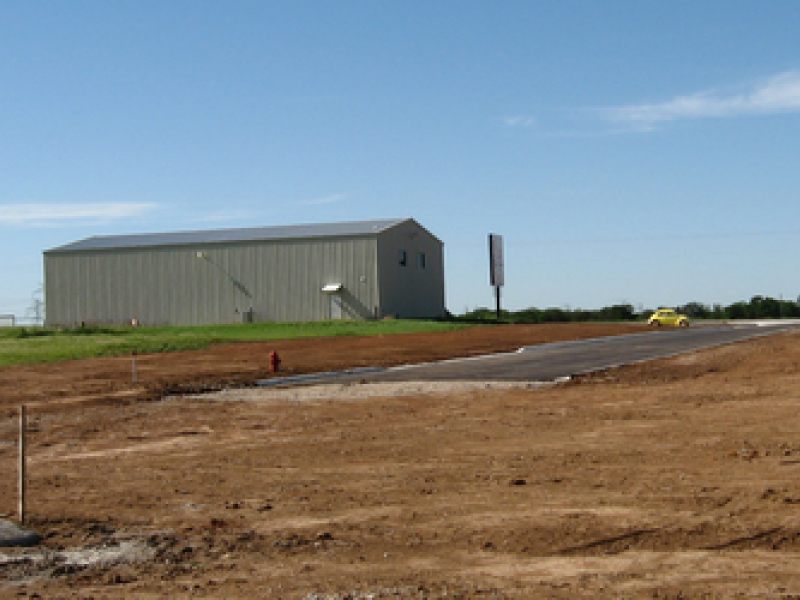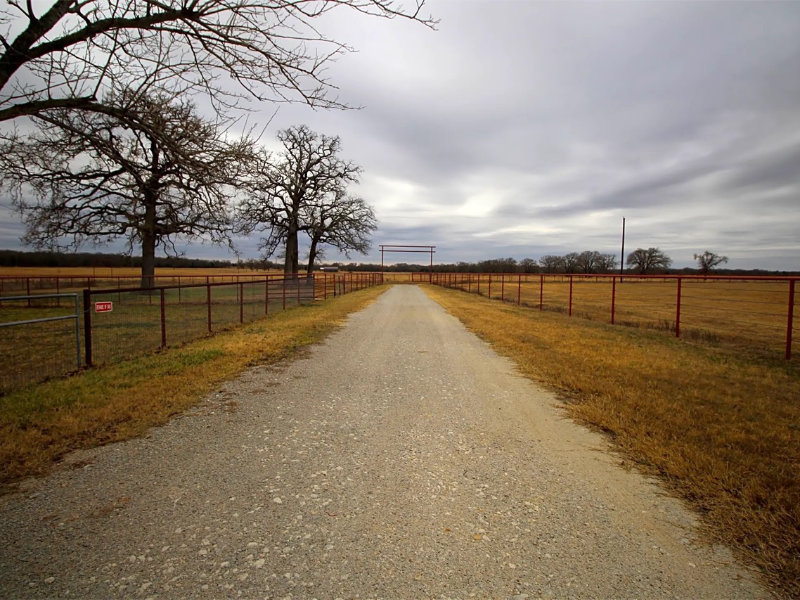
Q: What should I do if I see a stray animal?
A: When calling the City of Trinidad Animal Control about a stray animal, please give a detailed description of the animal (Breed, Color, Size, Collar, Tags, etc.). If you know where the stray animal belongs, let us know the address so we can make contact with the owner. Please provide your name, phone number and/or address in case the Animal Control Officer needs to get more information from you about your complaint. Your information will be kept confidential.
Q: Where do the Animal Control Officers take the animals they pick up?
A: Animal Control takes all dogs and cats to the Humane Society of Cedar Creek. Owners of loose livestock such as horses and cows. Smaller livestock such as hogs and goats are normally the responsibility of their owner. If the animals continually run loose, then the owner will be fined.
Q: My pet has gotten loose and is missing. What can I do to find him?
A: Immediately go to the Humane Society of Cedar Creeks to see if your pet has been brought in. Check with your neighbors to see if they have seen your dog. You may also want to check the lost and found section of the local newspapers and place ad there yourself.
Q: I received a citation from an Animal Control Officer. How much will the fine be?
A: Contact the City of Trinidad Municipal Court at 778-4545 to determine the amount of the fine. Remember, you have ten (10) days from the date the citation was given to you to respond to the Municipal Court.
Q: What is Rabies?
A: Rabies is an acute viral disease that attacks the nervous system, resulting in paralysis and almost certain death once the symptoms appear. The rabies virus is present in the saliva of the rabid animal. The most common way the disease is spread is by a bite from an infected animal. Though rare, rabies also can be spread if the infected animal’s saliva comes in contact with fresh scratches, open wounds or mucous membranes such as the lining of the eyelid.
Q: My dog/cat got into a fight with a wild animal. What do I do?
A: If your dog or cat has been in contact with one of the following high risk animals: skunk, racoon, bat, fox or coyote, contact Animal Services immediately for guidance. If the wildlife animal is dead or can be caught then it may be shipped for testing. You are also advised to consult with your veterinarian. You pet may need vet care for injuries, and may need to be given a booster rabies vaccination if he is currently vaccinated, or a series of vaccinations if he is not currently vaccinated.
Q: Can my dog be loose as long as he stays on my property?
A: No. Your dog must be confined at all times, even on your property by a sufficient fence and/or humanely chained in such a manner that he cannot leave your property. Failure to properly confine your dog can result in a fine and/or citation to Municipal Court.
Q: There are a lot of stray cats hanging around my property. What can I do?
A: The City has a cat trap program to assist you in trapping and removing stray cats on your property. This is a free service.
Q: I’m having problems with skunks, raccoons, opossums, armadillos, etc. What can I do?
A: If wildlife is frequenting your property, then you need to identify what is attracting them. Pet food left out during the evening hours and open garbage containers are usually the problem. If a trap is needed, contact Texas Parks and Wildlife for help.
If some type of wildlife is digging up your lawn, it is usually an armadillo or skunk digging for grubs, worms, etc. Treat your yard with a pesticide to kill off their food source.
If you have crawl space under your house and/or shed that has open access holes, you are inviting wildlife to move in. Cover all areas of access with solid, sturdy material. If a critter has already set up home under your house or shed, then block all access points except one. Before dark, sprinkle flour around the front of the access hole and check periodically throughout the evening until you see tracks leading out. Cover the hole after you are sure that no wildlife will be trapped under your house and/ or shed.
If you have taken all the above steps and still have a critter problem, then trapping may be the only solution.



